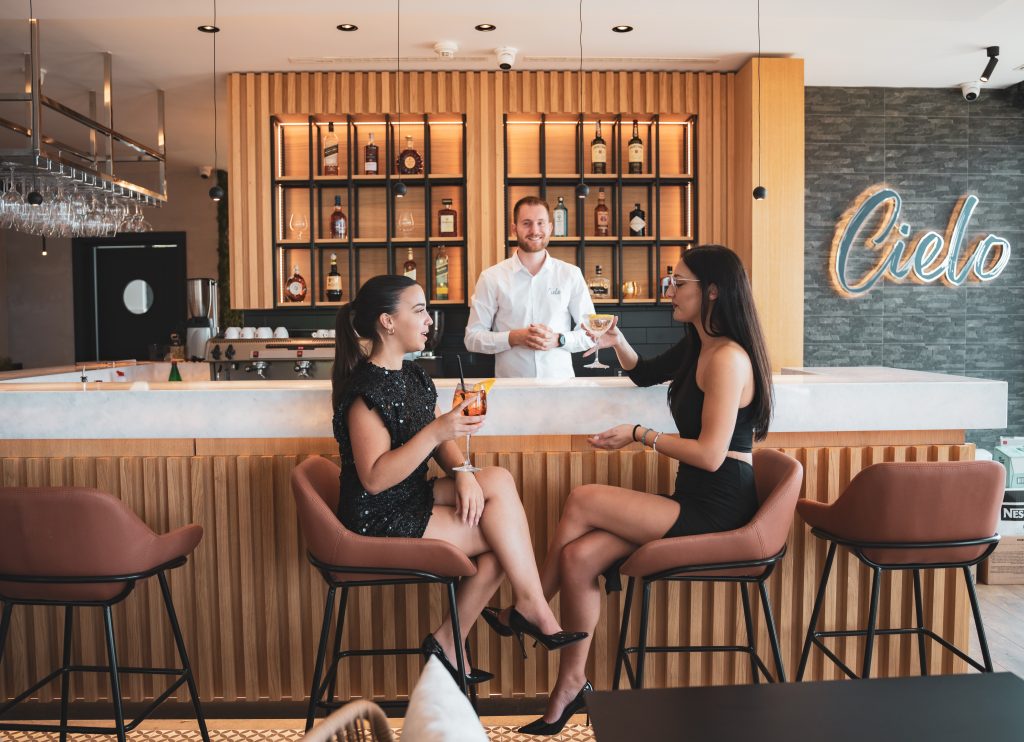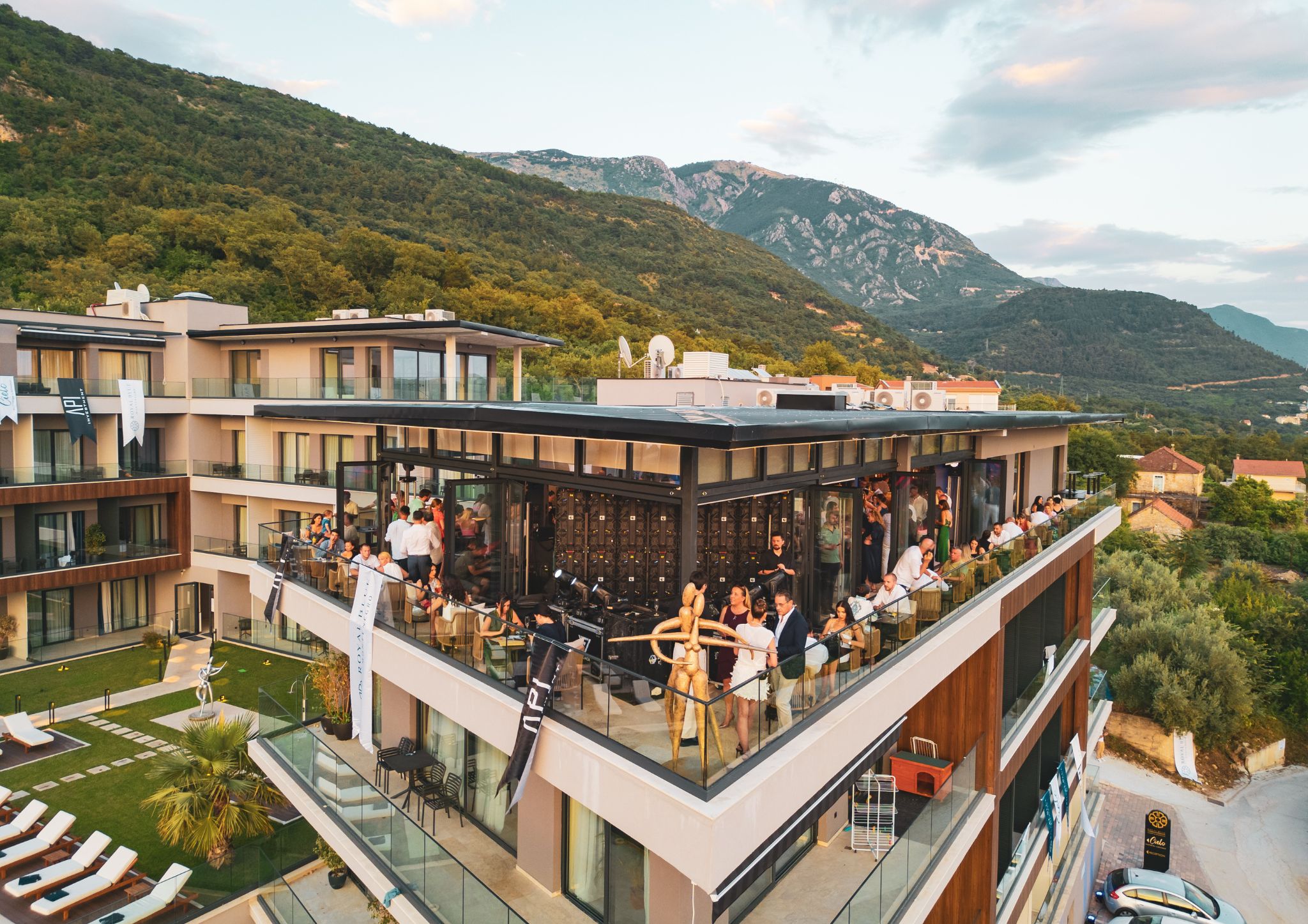Gastronomy is a versatile field that is not just about cooking skills, but offers a cultural experience, social interaction and economic opportunity. With this broad perspective in mind, gastronomy education is designed to teach students about food cultures, ingredients, cooking techniques and the art of presentation. In parallel with the development of these trainings in many countries, food tourism has also gained great popularity around the world.
The Importance of Gastronomy Education
Gastronomy education supports a wide range of career opportunities, from professional chefs, restaurant managers, nutritionists to food writers. These trainings usually cover the following topics:
- Basic Cooking Techniques: By learning basic culinary skills, students gain confidence in the food preparation process.
- Material Information: Training is given on material diversity, the importance of local and seasonal products, and how to use and store these products.
- Food Culture: Knowledge of different food cultures around the world and their historical and social contexts is provided.
- Kitchen Management: By providing training on topics such as restaurant management, cost control and menu design, individuals aiming for a career in gastronomy are enabled to be more ready for business life.
Food Tourism: Opportunities and Challenges
Food tourism covers the travels of travelers to experience local cuisines. This branch of tourism encourages local production, increases cultural exchange and stimulates regional economies. Key elements of food tourism are:
- Local Gastronomy Experiences: Experiences such as tasting local dishes, cooking workshops, and taking part in culinary tours enrich tourists’ travels.
- Cultural Interaction: Food is located at the intersection of cultures. Engaging with local people allows tourists to gain a deeper understanding of the local culture.
- Sustainable Development: Supporting local producers, disseminating sustainable agricultural practices and promoting environmentally friendly practices are important goals of food tourism.
However, food tourism also has some difficulties. While overtourism can cause damage to local cultures and natural resources, ensuring quality control and hygiene standards is also of great importance.

The Relationship Between Gastronomy Education and Food Tourism
Gastronomy education improves the quality of food tourism and contributes to the training of competent professionals in this field. Trained chefs and gastronomy experts enrich restaurants’ menus, deliver authentic dining experiences and increase the value of local products. In addition, individuals studying gastronomy contribute to the development of food tourism and play an important role in promoting local cultures and creating sustainable food systems.
Gastronomy education and food tourism are two important areas that complement each other, allowing for increased economic, social and cultural interactions today. Offering opportunities for both professionals and gastronomy enthusiasts, they also have great potential for preserving and promoting local cultures. Therefore, investments in gastronomy education and food tourism will remain important and diversify in the future.
As a hotel restaurant, Cielo Roof Top Bar Restaurant attracts attention with both its magnificent view and the rich menu it offers. There are many reasons why people who have studied gastronomy choose places like Cielo for food tourism:
- Quality Menu Options: Cielo attracts attention with its special dishes prepared using experienced chefs and local ingredients. People with gastronomy training can choose this place because they are looking for quality and original dining experiences.
- Innovative Techniques: Trained individuals show great interest in innovative techniques and presentation styles used in the kitchen. Cielo can meet these expectations by offering gastronomic experiences that reflect the modern conception of gastronomy.
- Experience Sharing: Food tourism is based not only on tasting delicious food but also on sharing these experiences. Cielo offers a social environment, allowing people with gastronomy training to interact with each other.
- Educational Opportunities: Some restaurants may offer opportunities such as gastronomy-related workshops or special events with chefs. Cielo can attract the attention of trained people by organizing special events for them.
- Space Atmosphere: The aesthetics and atmosphere offered by Cielo further enrich the gastronomic experiences of trained individuals. Offering quality food in a stylish environment ensures that visitors have a pleasant experience.
- Interaction with Local Culture: By combining local flavors with modern touches, Cielo can be an important stop for food tourism. Educated people have the opportunity to explore these local elements and develop an in-depth understanding of gastronomy.

All in all, Cielo Roof Top Bar Restaurant offers individuals with gastronomy training a unique experience to both taste and learn. Therefore, it stands out as a destination worth choosing for food tourism purposes.
📍 Visit us at Royal Blue Resort & Residences in Tivat and elevate your dining experience today!
📞 Book your table now and taste the future of fine dining at Cielo!

